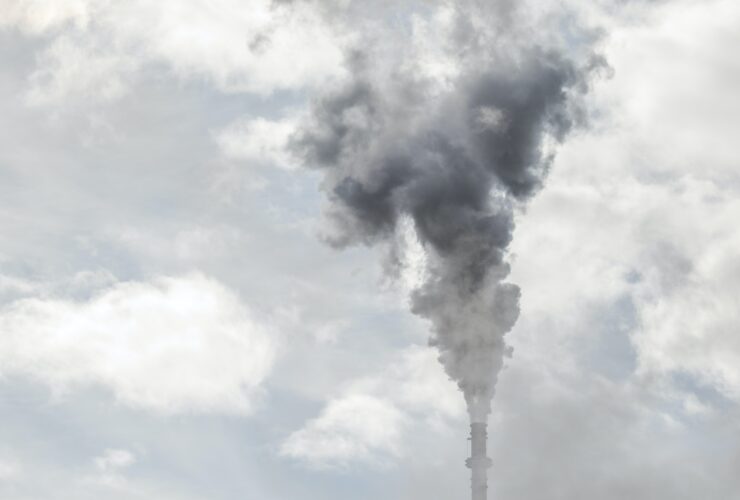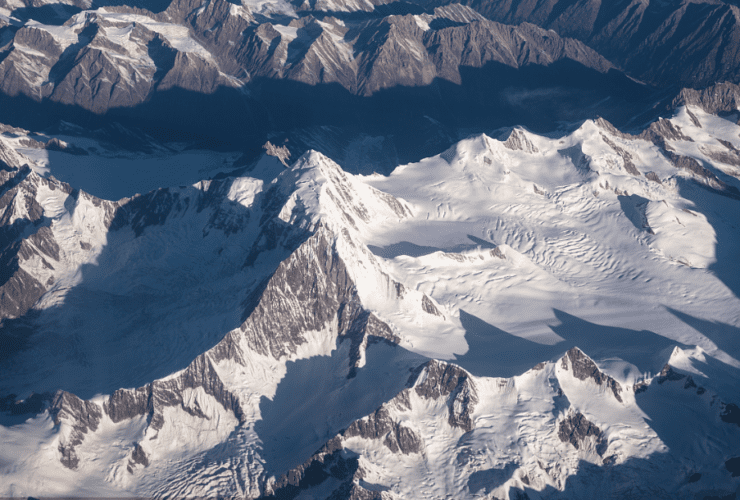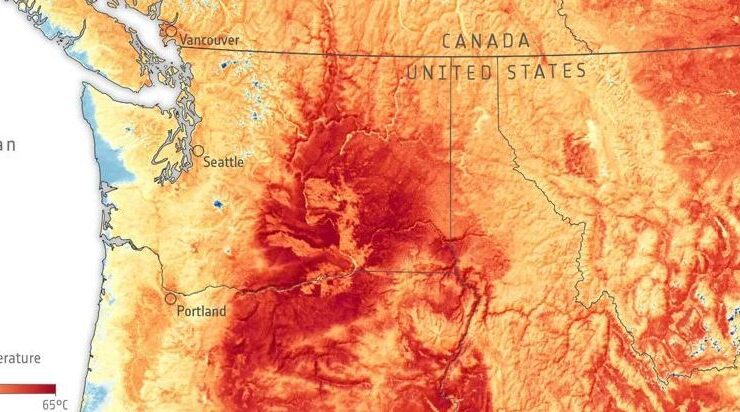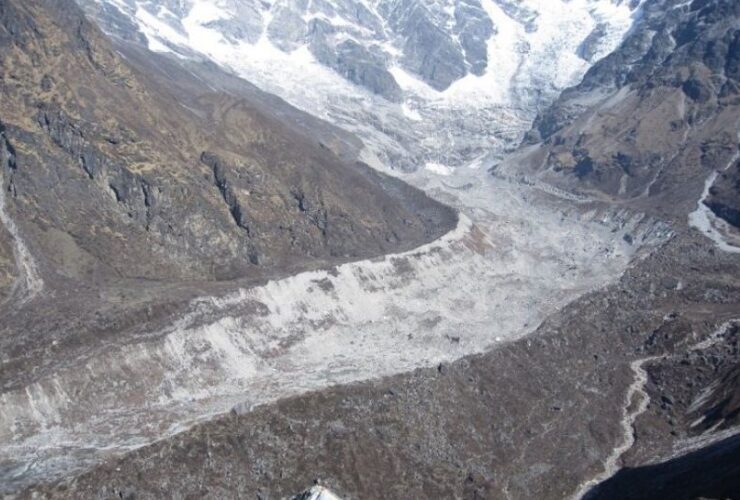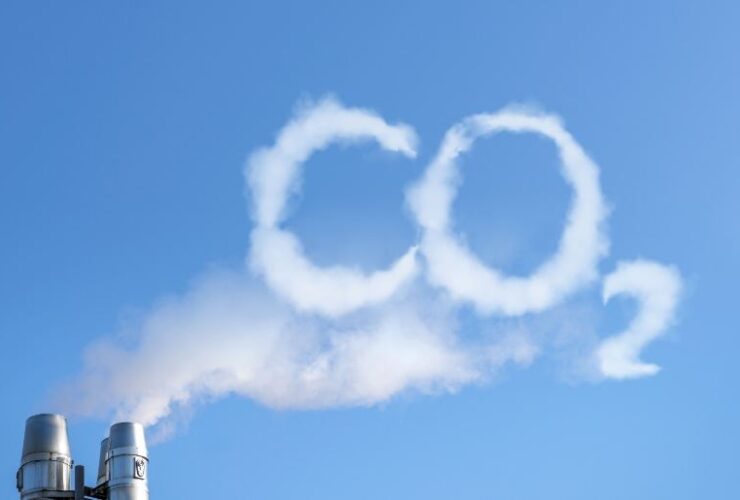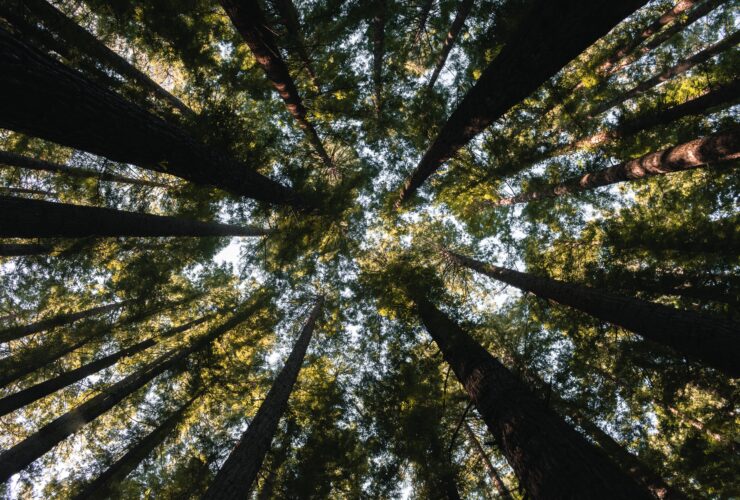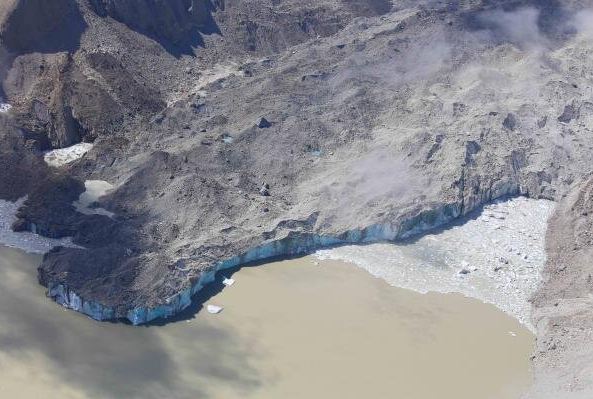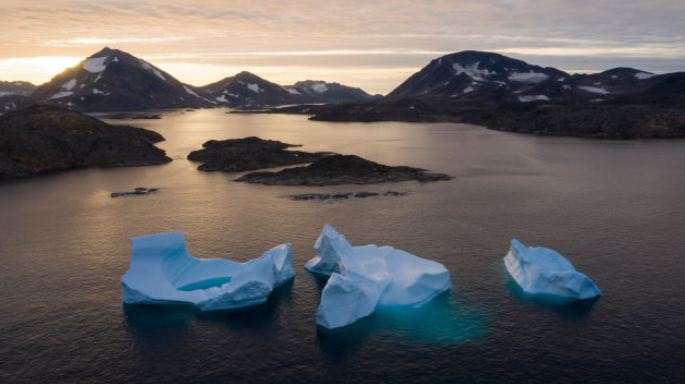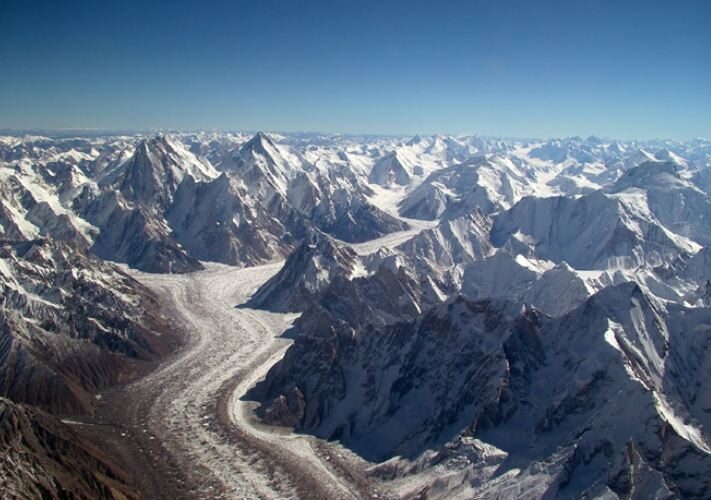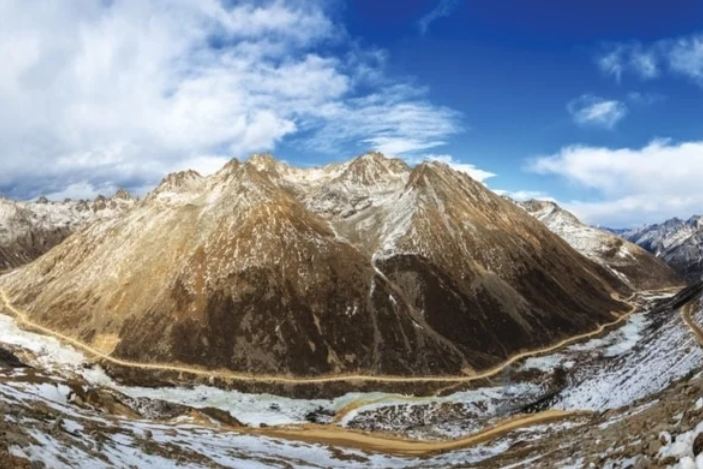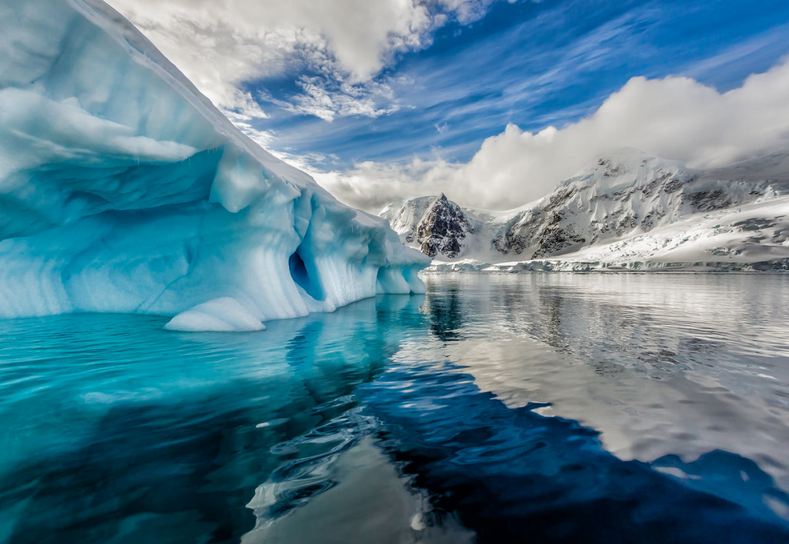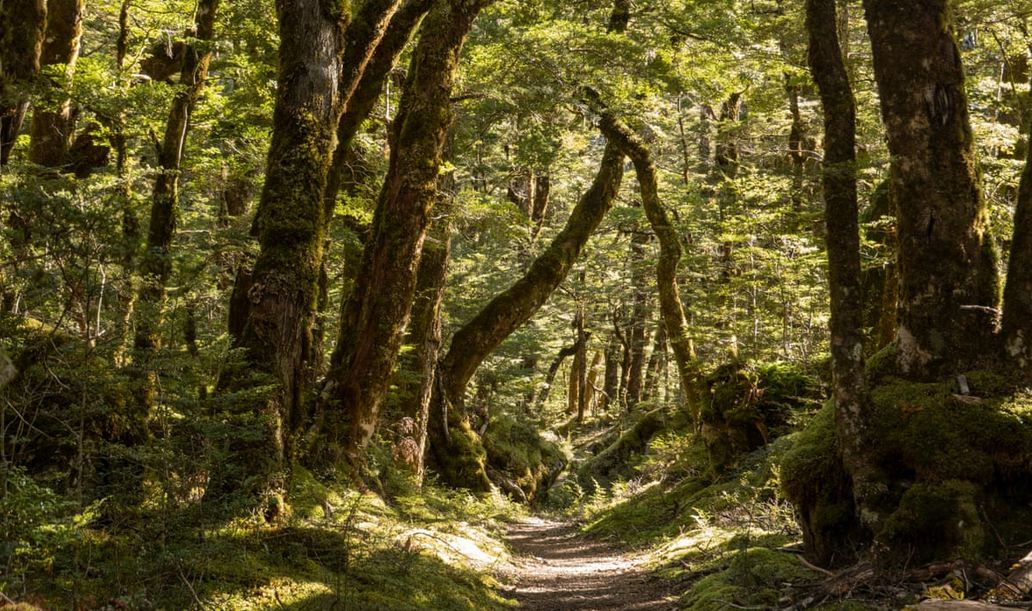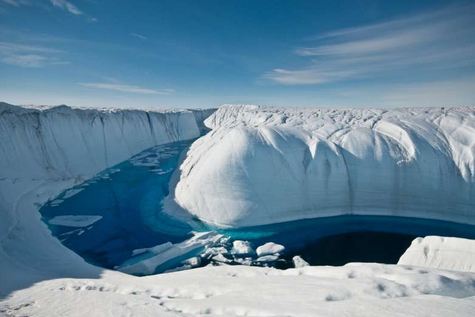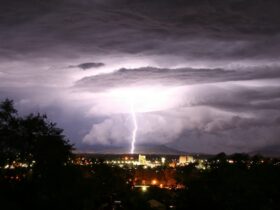How much can the past inform the future? Can we figure out climate change better by analyzing bits of history? An international team of anthropologists, earth scientists, and geographers discusses a new approach called the archaeology of climate change. They ...
The Third Pole is now experiencing the worst-case scenario after a new study found that glaciers and snow cover started to disappear. Researchers developed a way to model the region’s water cycling and examine it. The results are genuinely intriguing ...
Recent report announced a record-breaking heatwave in the western US and Canada at the end of June that triggered the worst-case scenario. Now, the scientists explain that climate change is the culprit. The heatwave would have been “virtually impossible,” without ...
Recent research shows High Mountain Asia’s current situation, and things don’t look that good. As per new findings, the glaciers in the area have been melting a lot quicker in recent years than previously believed. Also, the glacier melt occurred ...
Reducing carbon emissions might have zero effects on preventing disastrous climate change, scientists warn us. And as shocking as this might sound, it’s the truth, and we have to accept it. Professor Nerilie Abram from the Climate Crisis Advisory Group ...
As new research about future climate change models emerges, we learn that the Amazon forest could soon risk extreme drought. Researchers warn us now that considerable parts in the eastern part of the Amazon will dry by the end of ...
New research aims to raise awareness of Asia’s current situation. For instance, more than 1 billion people depend on rivers with their headwaters in the mountain ranges, including the Himalayans and Karakoram. Climate change is currently causing mountain snow to ...
The Amazon rainforest and the massive ice sheets are threatened by global warming. Many tipping points triggered a lot by increasing temperatures could put us face to face with a catastrophic change in Earth’s climate system. So far, scientists focused ...
The Himalayan ice’ future has been previously believed to be at stake, but recent data shows that they’re more resilient to global warming. Rock glaciers are somehow similar to “real” ice glaciers. They’re a mix of rock and ice, triggered ...
The roof of the world will soon feel warmer than usual. New research explains how much warmer temperatures will transform the Tibetan Plateau. The warming process of the Tibetan Plateau has been observed since the 1960s. According to researchers, human ...
The Middle East and North Africa Region, also known as MENA, is now a climate change hot spot. Summers there are much warmer than in the rest of the world. Also, some regions are rated as the hottest locations worldwide. ...
Our planet’s ice cover started to melt quickly at the beginning of the 20th century. The sea ice and the glaciers in the Antarctic and Arctic areas are now melting at alarming rates. The recent statistics, however, should worry us ...
The sea levels are still rising, and previous predictions were right. Such a statement came after scientists rigorously verified the early 21st-century climate modelling projections. According to these findings, the sea levels in the coming decades will continue to rise ...
As new research emerges, we learn how significant trees are for our planet. Biologists from West Virginia University released a paper discussing how trees worldwide consume more and more carbon dioxide than previously believed. Forests are now more important in ...
We usually link food contamination to bacteria on unwashed vegetables or fruits, or uncooked meat. Unfortunately, there are more ways for dangerous contaminants to exist in food. A researcher examined food contamination originating from the soil where the plants grow. ...
Nature-based solutions might sound like unknown territory for some, but it shouldn’t stay like this anymore. They play a vital role in helping to control nature and even the climate crisis. The best part is that nature-based solutions, also known ...
Global ice is disappearing at an alarming rate, and it seems we can’t stop it. New research brings awareness about this phenomenon, unveiling some shocking facts. Our planet has suffered a loss of 28 trillion tonnes of ice in a ...

